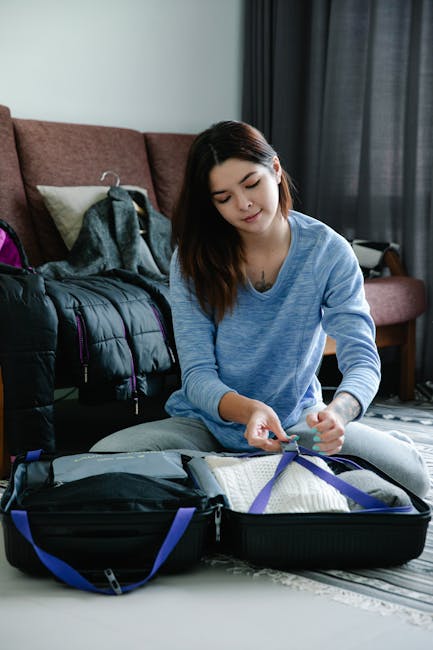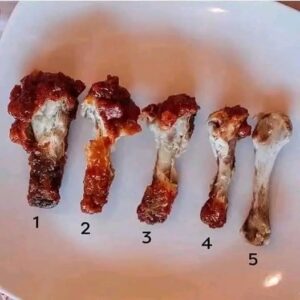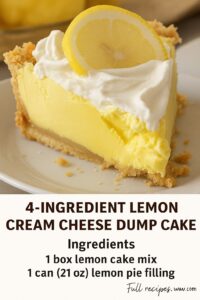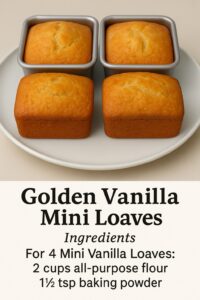and Daily Function
Introduction
Daily function encompasses the activities and tasks we perform regularly that enable us to live independently and engage meaningfully with the world. This includes everything from basic self-care to complex cognitive processes. Understanding and maintaining optimal daily function is crucial for overall well-being and quality of life. This article will explore various aspects of daily function and how you can support and improve yours.
Essential Components of Daily Function
Daily function isn’t just one thing; it’s a combination of several interconnected areas. Optimizing these areas can significantly impact your ability to navigate daily life successfully.
Physical Function
Physical function refers to your ability to move, interact with your environment, and perform physical tasks. This is a fundamental aspect of daily living.
- Mobility: Walking, bending, climbing stairs, and maintaining balance.
- Strength and Endurance: Carrying groceries, lifting objects, and sustaining physical activity.
- Coordination: Fine motor skills like writing and buttoning clothes, and gross motor skills like throwing a ball.
- Sensory Function: Vision, hearing, touch, taste, and smell, which provide information about the environment.
Cognitive Function
Cognitive function encompasses mental processes that enable us to think, learn, and remember. It’s essential for problem-solving, decision-making, and interacting socially.
- Memory: Recalling information, events, and experiences.
- Attention: Focusing and concentrating on tasks.
- Executive Function: Planning, organizing, and managing tasks.
- Language: Understanding and using spoken and written language.
- Problem-Solving: Identifying and resolving challenges.
Emotional and Social Function
Emotional and social function relates to our ability to regulate emotions, form relationships, and interact effectively with others. It’s crucial for mental well-being and social connection.
- Emotional Regulation: Managing and expressing emotions in a healthy way.
- Social Skills: Communicating effectively, building relationships, and navigating social situations.
- Empathy: Understanding and sharing the feelings of others.
- Motivation: Having the drive and enthusiasm to pursue goals and activities.
Activities of Daily Living (ADLs)
ADLs are the basic tasks required for self-care and independent living.
- Bathing: Washing and cleaning the body.
- Dressing: Putting on and taking off clothes.
- Toileting: Using the restroom.
- Transferring: Moving from one position to another (e.g., from a bed to a chair).
- Continence: Maintaining bowel and bladder control.
- Feeding: Eating.
Instrumental Activities of Daily Living (IADLs)
IADLs are more complex tasks that enable independent living in the community.
- Managing Finances: Paying bills and budgeting.
- Shopping: Purchasing groceries and other necessities.
- Meal Preparation: Planning and cooking meals.
- Housekeeping: Cleaning and maintaining the home.
- Transportation: Using public transportation or driving.
- Medication Management: Taking medications as prescribed.
- Communication: Using the telephone, internet, and other communication devices.
Strategies for Maintaining and Improving Daily Function
There are numerous ways to support and enhance your daily function. These strategies often involve lifestyle modifications and targeted interventions.
Physical Activity and Exercise
Regular physical activity is vital for maintaining physical function and improving cognitive health.
- Aerobic Exercise: Activities like walking, swimming, and cycling improve cardiovascular health and endurance.
- Strength Training: Builds muscle mass and strength, improving mobility and balance.
- Flexibility and Balance Exercises: Yoga and tai chi improve range of motion and reduce the risk of falls.
Cognitive Training
Engaging in mentally stimulating activities can help maintain and improve cognitive function.
- Puzzles and Games: Crossword puzzles, Sudoku, and brain-training apps challenge cognitive skills.
- Learning New Skills: Taking classes, learning a new language, or playing a musical instrument.
- Reading and Writing: Stimulates cognitive processes and expands knowledge.
Healthy Diet and Nutrition
A balanced diet provides the nutrients necessary for optimal physical and cognitive function.
- Fruits and Vegetables: Rich in vitamins, minerals, and antioxidants.
- Lean Protein: Essential for muscle growth and repair.
- Whole Grains: Provide sustained energy and fiber.
- Healthy Fats: Important for brain health.
- Hydration: Drinking plenty of water is crucial for overall health and cognitive function.
Social Engagement and Mental Well-being
Maintaining social connections and prioritizing mental health are crucial for emotional and cognitive well-being.
- Social Activities: Spending time with friends and family, joining clubs, and volunteering.
- Stress Management: Practicing relaxation techniques like meditation and deep breathing.
- Mental Health Support: Seeking professional help if you are struggling with anxiety, depression, or other mental health issues.
Assistive Devices and Technology
Assistive devices and technology can help individuals overcome physical and cognitive limitations.
- Mobility Aids: Canes, walkers, and wheelchairs improve mobility and independence.
- Adaptive Equipment: Devices like grab bars, raised toilet seats, and adapted utensils make daily tasks easier.
- Cognitive Aids: Memory aids, calendars, and medication reminders support cognitive function.
Conclusion
Daily function is a multifaceted concept encompassing physical, cognitive, emotional, and social domains. By understanding the key components of daily function and implementing strategies to support and improve them, individuals can enhance their overall well-being, maintain independence, and live fulfilling lives. Prioritizing physical activity, cognitive stimulation, a healthy diet, social engagement, and appropriate assistive devices can make a significant difference in optimizing daily function at any age.














Post Comment